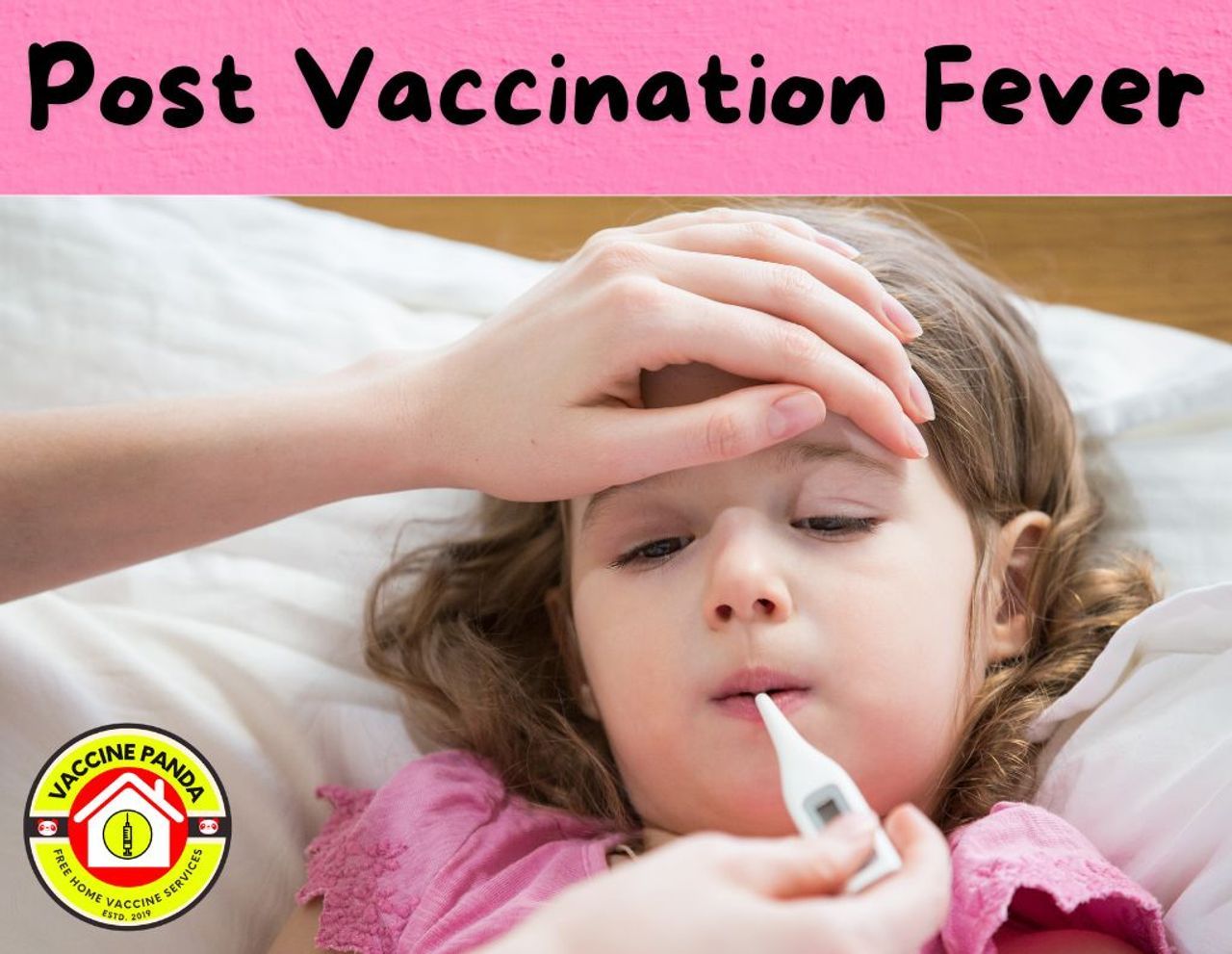Understanding Post-Vaccination Fevers: What to Expect and When to Seek Medical Help

Understanding Post-Vaccination Fevers: What to Expect and When to Seek Medical Help
Vaccination and Fevers: A Common Reaction
Post-vaccination fevers are a common and typically harmless reaction to many vaccines. They occur as the body's immune system responds to the vaccine, building protection against diseases. While fevers can cause concern for parents, they are generally mild and short-lived.
How Long Does Post-Vaccination Fever Last?
In most cases, a mild fever develops within 24 to 48 hours after vaccination and lasts for 1 to 3 days. This applies to various vaccines, including those for infants, children, and adults. For some vaccines, like the MMR (measles, mumps, and rubella) or chickenpox vaccine, a fever might appear slightly later, around 5 to 12 days post-vaccination.
Pre-Counseling Parents About Fevers
Parents should be counseled before vaccination that mild fevers are a normal immune response. It's essential to explain that a low-grade fever shows the vaccine is doing its job, helping the body develop immunity. This reassurance can reduce post-vaccination anxiety and ensure that parents are prepared for what’s normal.
When Fever Isn't Just Vaccine-Related: Understanding Infections
Sometimes, a child may have an underlying viral or bacterial infection that coincidentally occurs around the time of vaccination. These infections can easily be misinterpreted as vaccine-related side effects. As part of post-vaccination care, parents should be educated about recognizing the signs of an infection, which could lead to more severe symptoms than those typically seen with vaccine-related fevers.
Red Flags: When to Seek Medical Help
While mild fevers after vaccination are usually no cause for concern, certain signs indicate that the fever may be unrelated to the vaccine. If any of the following red flags are present, medical attention should be sought promptly:
High Fever: If the fever exceeds 102°F (38.9°C), especially if it persists for more than 72 hours, this could indicate an infection rather than a vaccine reaction.
Prolonged Duration: A fever lasting more than 3 days should be evaluated by a doctor, as this is beyond the typical duration for post-vaccine reactions.
Severe Symptoms: Symptoms like severe lethargy, irritability, difficulty breathing, a stiff neck, persistent vomiting, or a rash could suggest a more serious issue, such as an infection or another medical condition.
Dehydration Signs: If the child is not drinking fluids, urinating less, or showing signs of dehydration (dry mouth, lack of tears, sunken eyes), parents should seek medical advice.
Other Symptoms of Infection: Cough, runny nose, sore throat, diarrhea, or ear pain could signal a coinciding viral or bacterial infection that needs medical attention.
Post-Vaccination Care and Follow-Up
After vaccination, parents should be advised to monitor their child’s temperature and overall well-being. Simple remedies like giving age-appropriate fever-reducing medications, ensuring proper hydration, and providing rest can help manage a post-vaccine fever. Parents should also know how to reach out for medical advice if needed, either through Vaccine Panda’s customer care or their pediatrician.
By providing clear guidelines for normal post-vaccine reactions and potential red flags, we help parents feel more informed and confident, reducing the chances of mislabeling an infection as a vaccine side effect.



